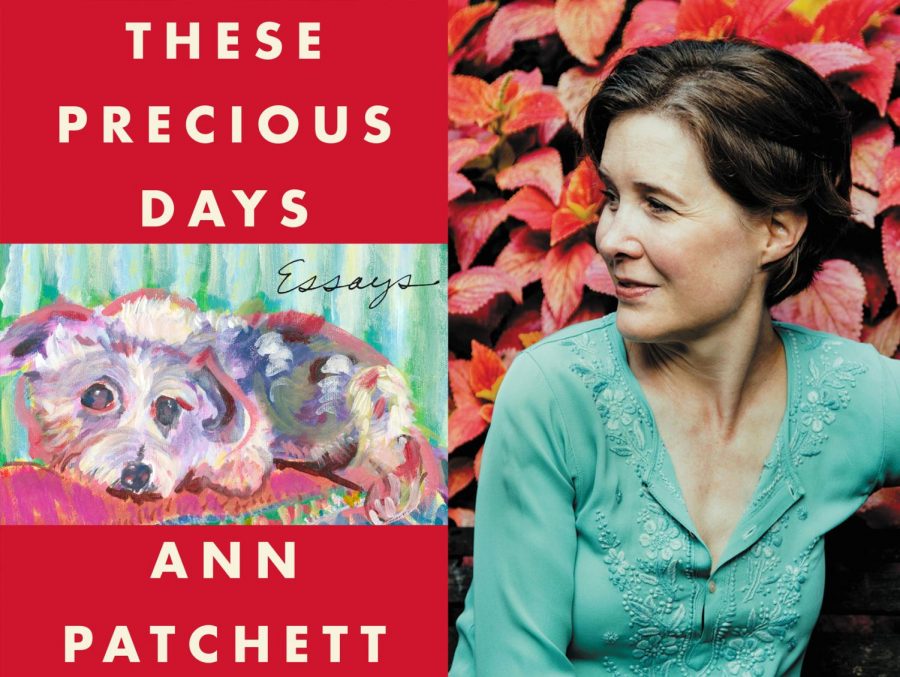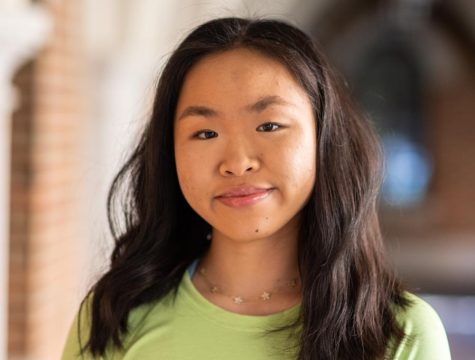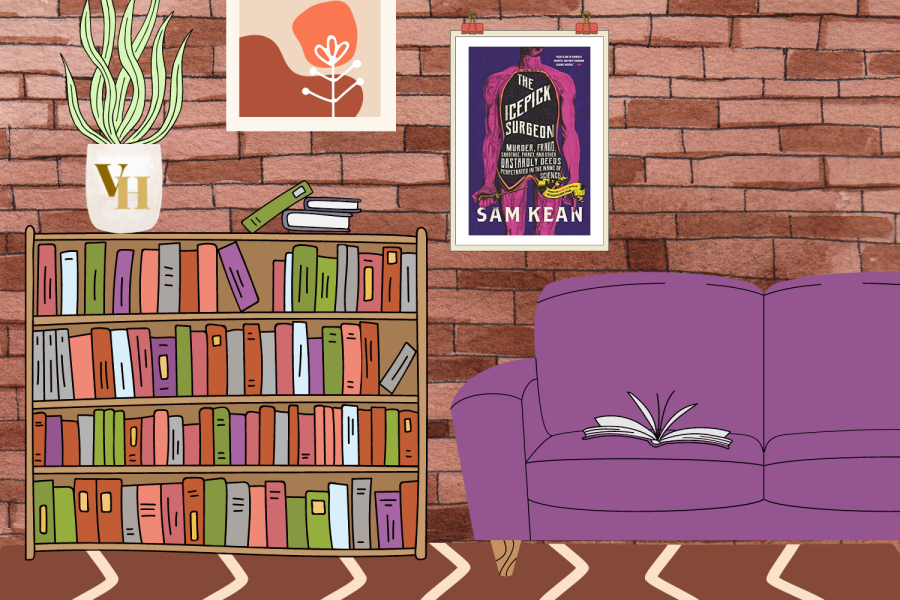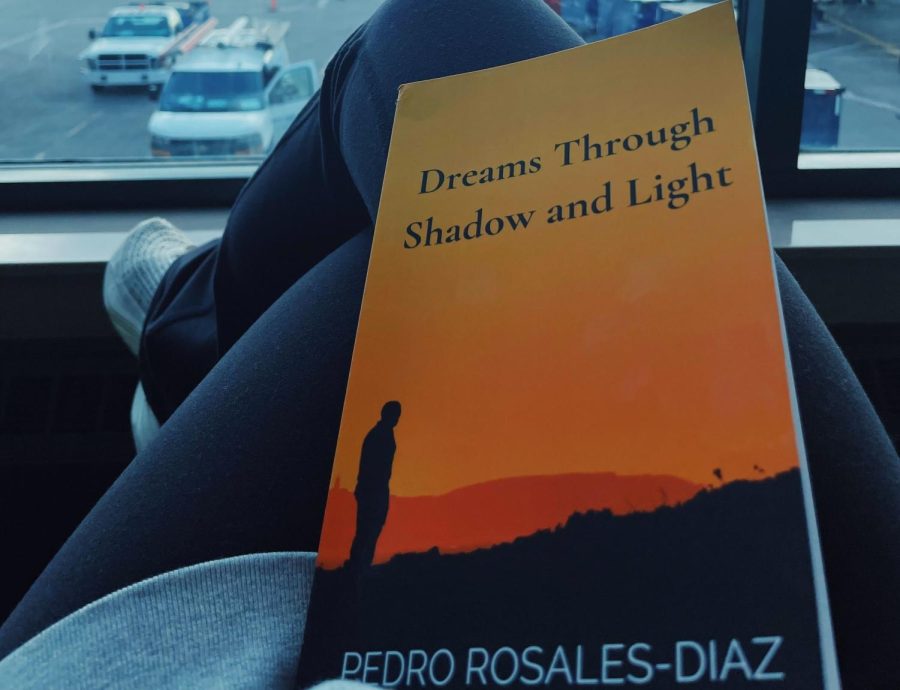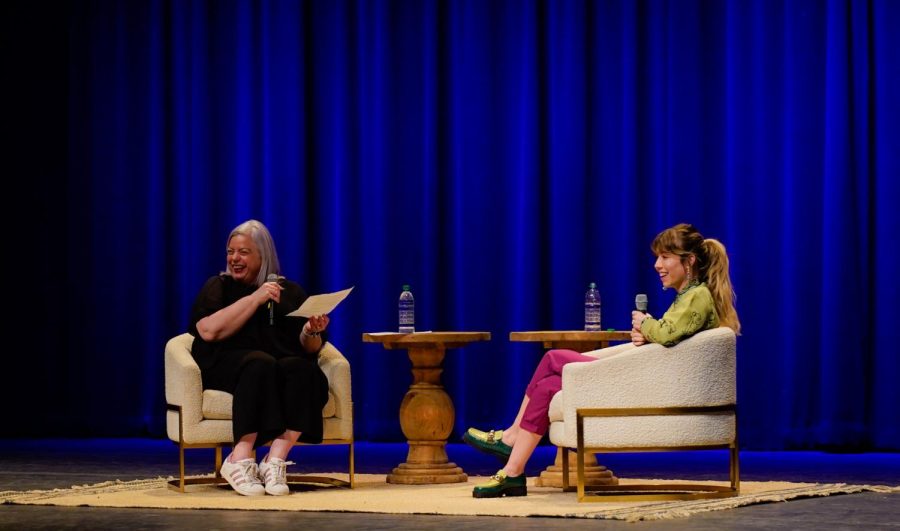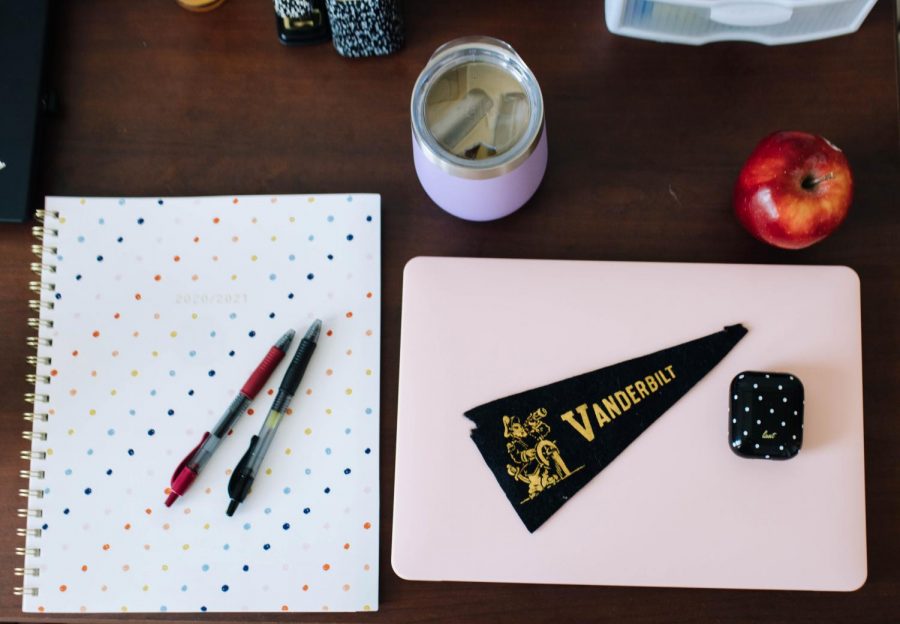Ann Patchett is the author of eight novels, including the critically acclaimed “Bel Canto,” “Commonwealth” and “The Dutch House,” and she co-owns Parnassus Books, an independent bookstore in Nashville. In 2012, Patchett was named one of the world’s 100 most influential people by Time Magazine. Her newest essay collection “These Precious Days” will be published on Nov. 23, 2021.
The Hustler sat down with Patchett to discuss how she approaches writing, her advice to college students and today’s must-read books.
The Hustler: You’ve written so many great essays over the years. How did you decide which essays to include in this book? Did you feel any different putting together this essay collection compared to the process of compiling your last essay collection, “This is The Story of a Happy Marriage?”
Patchett: It was really different, putting together “This is the Story of a Happy Marriage” versus this book. With the last book, I had hundreds of essays to choose from. And they were mostly bad, because I wrote them on assignment for magazines like “Bridal Guide” or “Seventeen.” Everything has changed since I published that book. Now I write essays that I want to write, on things that I’m interested in. I assembled “This is the Story of a Happy Marriage” from the whole treasure trove of things that I had published, whereas I wrote this book with the intention of it being a book.
Was there a specific way in which you organized the essays?
A lot of crawling around and shuffling. Think of the stories like a deck of cards—you try ordering them in one way, and then another. After a while it all started to make sense. The stories in this book aren’t chronological, but each has elements that lead you to the next story.
How should one read a short essay collection?
They should read essay collections straight through, from beginning to end. Don’t skip around. I’d put so much thought into the stories’ order and the idea that you learn more as things unfold. Even the pieces that you’ve read before—when you read them again in the larger context, they begin to take on different meanings.
Where do you find inspiration for your essays?
The world is full of interesting things that don’t make good essays. It’s more a matter of something happening, and I’ll start to think “that could be an essay.” For example, in “How to Practice”—my friend Tavia’s dad died and we cleaned out his house, we looked at other houses and then I decided to clean out our own house. During all that time, I wasn’t thinking “this is going to be a great essay.” Going through stuff that I’d found so embarrassing—all the glasses, all the plates, all the silver—I’d only thought “this is weird, and I am weird for wanting to do all this.” It all clicked when Charlotte came over and saw the typewriter. Because the typewriter connected with the glasses and the plates; the story took on a narrative structure. The funny thing was that the minute I realized how this could be a great story, I stopped cleaning. Only when I finished the essay did I see how incredibly weird and hard the project was. And I didn’t want to finish cleaning.
How has opening a bookstore transformed your reading and writing?
I became a better reader—a very different kind of reader. Before I opened the bookstore, I read a lot of classics—Henry James, Dickens and Jane Austen; I had my favorites and I read those over and over again. Now, I read new books, things that are going to come out in five months. I read much more widely. I used to never read kids’ books, and now, Kate DiCamillo—because of this store—is one of my best friends. Reading always helps with writing. I’ve always thought of reading and writing as walking on two legs—you repeatedly do one and then the other. Reading widely betters your writing, as you become a more well-rounded person.
What are common traps for aspiring writers? What advice do you have for college writers?
I’m not a procrastinator, and that’s the most amazing gift in the world. I figured out in my 20s that I would write at the point where not writing became more painful than writing. When you know that a paper is due, there’s a little part of you that makes yourself miserable. You get more and more miserable as the paper keeps hanging over your head. Maybe you start writing the night before the paper is due, but it’s been eating away at you all that time. So why not just go ahead and write—cut out the journey of misery that precedes the writing.
Be willing to write more than one draft. Think of the revision process like a crossword puzzle. Get something on paper and then fuss with it. It’s all in our mind—how we work, how we approach work, whether or not we are good at the work. They are just stories that you tell yourself, and the worst story of all is that you’re blocked. That’s simply not true. If you can’t solve a math problem, you don’t think “well, I have math block.” You understand that you have to work harder to figure out the problem. Writing is the exact same thing—you have to practice like you would with science or an instrument. Somehow with writing, we assign all this ridiculous magic—that it’s going to come to me, or that I haven’t been hit with an idea yet. Forget it. Just sit down and stay seated and stay off your phone until you figure out the answer to the problem.
What books must college kids read today? And what books must we all read today?
“A Swim in a Pond in the Rain” by George Saunders—such a fabulous book about Russian short stories. “Tiny Beautiful Things” by Cheryl Strayed—whether you feel stuck or unhappy or pressured, there’s got to be some advice in that book that would help you. For a feel-good book, I’d recommend “The Book of Delights” by Ross Gay. Gay made the decision of writing down one thing that delights him every day. It’s great—I’d read two or three of his stories every night before I go to bed, and I would always have good dreams. Read a good social justice book—a book that tells us how other people are living: “Dopesick” by Beth Macy, “Evicted” by Matthew Desmond.
Responses have been edited for clarity and length.











